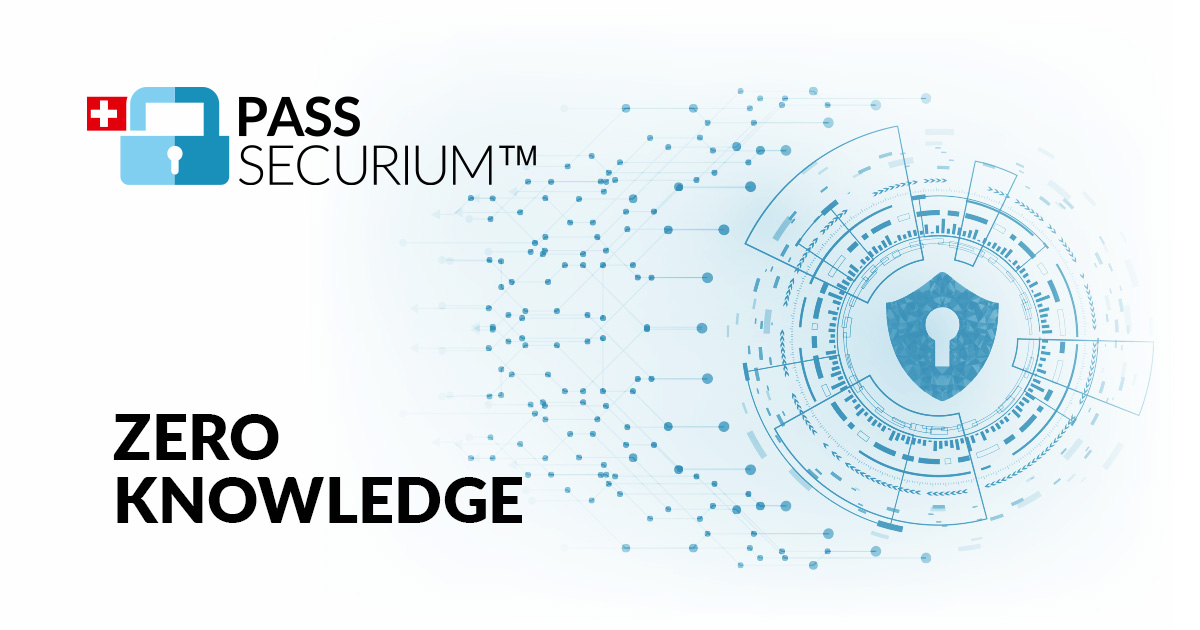
Zero-knowledge password managers are designed in a way that the service provider or manager itself has zero access to your stored passwords or any information stored within your account. Several password managers claim to operate on a zero-knowledge principle, where they don't have access to your master password or your encrypted data.
Some of the well-known password managers that claim to follow a zero-knowledge model include:
LastPass: LastPass uses a zero-knowledge security model. Your data is encrypted and decrypted at the device level, meaning LastPass doesn't have access to your master password or the data stored in your account.
Dashlane: Dashlane also operates on a zero-knowledge model. Your master password is never transmitted or stored on Dashlane's servers. The encryption and decryption happen locally on your device.
Bitwarden: Bitwarden is an open-source password manager that utilizes a zero-knowledge security architecture. They use end-to-end encryption, ensuring that even Bitwarden doesn't have access to your stored passwords or other sensitive information.
1Password: 1Password is designed around the zero-knowledge principle. Your data is encrypted and decrypted locally on your device, and the company claims it has no access to your master password or data.
Keeper: Keeper operates on a zero-knowledge security architecture. Your data is encrypted and decrypted locally, and the company doesn't have access to your master password or the stored information.
Remember, the term "zero-knowledge" might vary slightly in implementation and interpretation by different password managers. It's always advisable to review their security practices and policies to ensure the level of protection they offer aligns with your security needs.